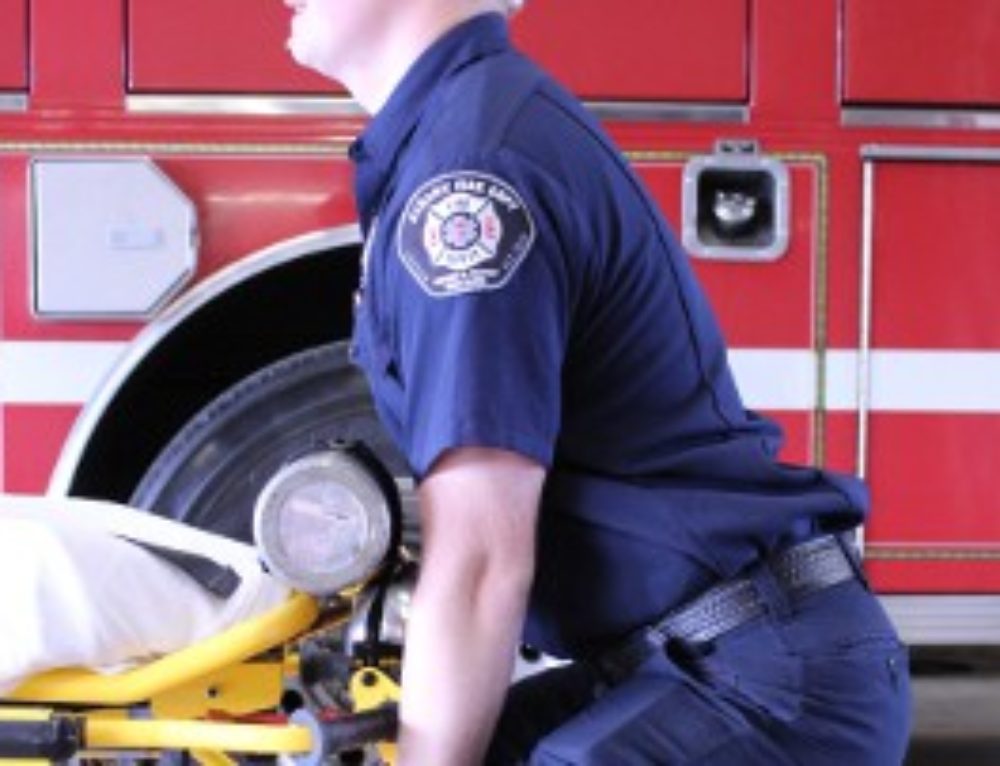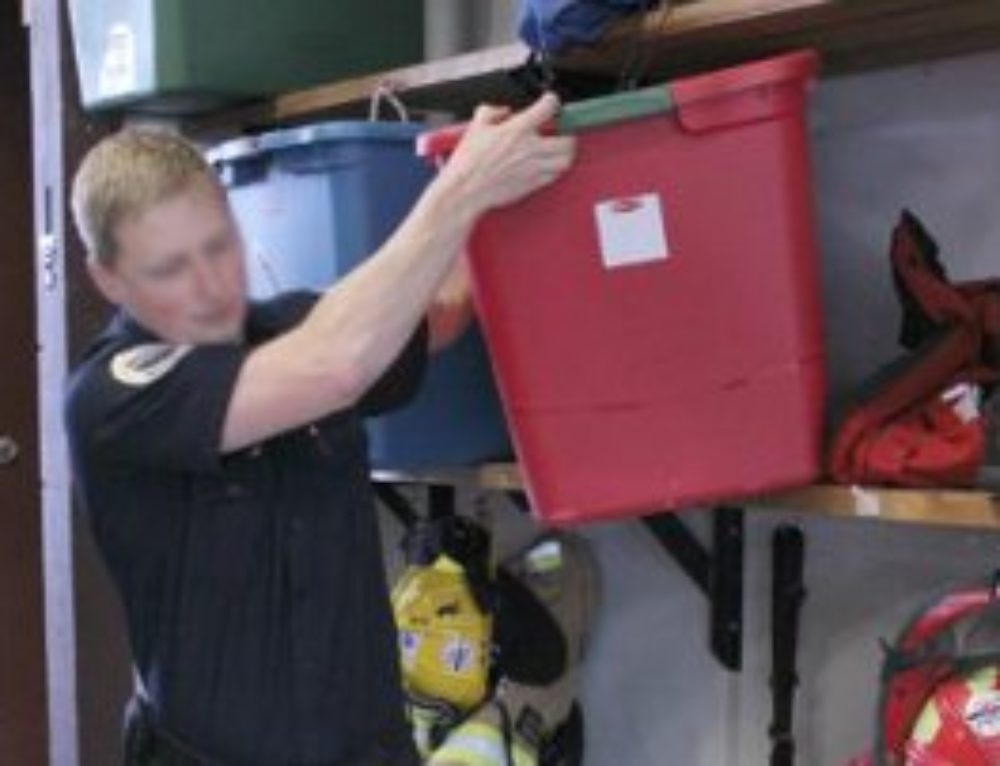Last week we started a discussion about stress: a very real and detrimental consequence of being a firefighter. I explained that the cascade of events which occur when a person is emotionally or physically stressed causes breakdown of the immune system and muscle tissue. Read more about that here.
But there’s more. As I explained, high stress levels promote constant release of cortisol. The purpose of cortisol is to increase glucose concentration in the blood along with breaking down our fat stores so that our muscles have fuel. But what if there’s no bear to run from? As in, what if the stressful situation did not require any physical exertion, which is this case for many calls?
Unfortunately, the excess, unused fuel is re-packaged into fat, and these newly created fat cells have a tendency to be deposited into the belly. Not only is that an unfavorable look, storing a high percentage of fat in the abdominal area significantly increases risk of developing heart disease and type II diabetes. High cortisol levels are also associated with increased appetite.
Here’s a simple trick to stop this from happening:
While this cascade of events is occurring, your heart rate increases and your breathing becomes very shallow. But you have very conscious control over your breathing. And reversing the shallow breathing, by taking long, slow breaths, also reverses the elevation in heart rate.
Eventually, these effects slow/reverse cortisol release, especially if you consistently practice this technique. Next time you notice your shallow breathing on your way to a call, try taking a very deep breath, lasting 6-8 seconds, then hold for 2-4 seconds, and then exhale for 6-8 seconds. Do this as long as you feel your heart rate is high. If you practice deep breathing every day for a few minutes, this effect will become much quicker and more effective. Nobody can even tell that you’re doing it, so there’s no excuse not to try it!
Aside from the mental discomfort brought on by stress, physiologically it increases fat production, produces abdominal obesity, breaks down muscle tissue and suppresses the immune system. If these are issues you want to avoid, taking a few big breaths every day may be worth a try.
Do you have any stress relief techniques that you use when responding to a call? Let us know in the comments below.
If you’re not on my list to get more health tips like these, enter your name and email below.





I have been using the deep breathing technique after the tones go off, I can tell a difference in my heart rate within the first few breaths. Thanks for all the practical tips.